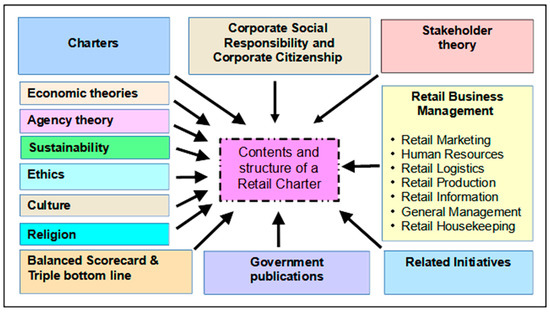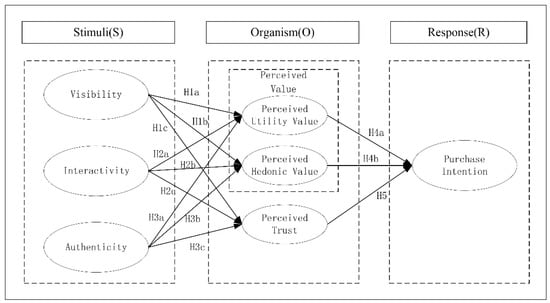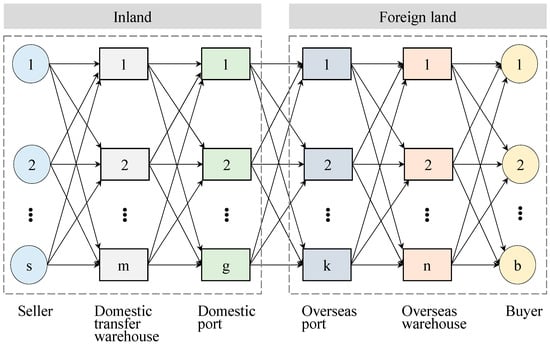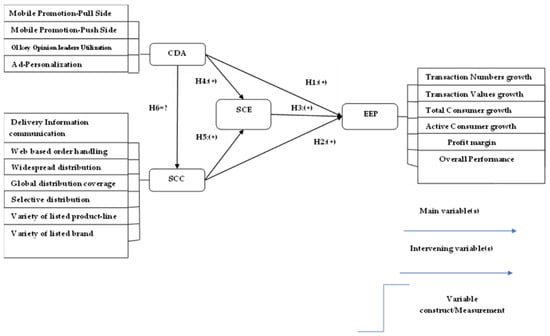Sustainable E-commerce
A topical collection in Sustainability (ISSN 2071-1050). This collection belongs to the section "Economic and Business Aspects of Sustainability".
Viewed by 130582Editor
Interests: logistics; digital economy; e-commerce; business network; ICT
Special Issues, Collections and Topics in MDPI journals
Topical Collection Information
Dear Colleagues,
The pandemic and the resulting restrictions on shopping have contributed to the dynamic growth of e-commerce. On the one hand, e-commerce has enabled many people to access products relatively normally, but on the other hand, the Internet has become a place where it is easy and quick to buy something without much thought.
The explosive growth of the e-commerce sector raises the question of its role in the sustainable development. Although online shopping is very convenient for customers, it can have a negative impact on the environment. The problem lies with the transportation of individual shipments, additional packaging and materials used for this purpose, and returns. For this reason, it is claimed that the rapid and continuous growth of e-commerce cannot be discussed without talking about its sustainability.
While the concept of sustainability itself is well recognized in the literature, including in many industry and functional contexts, sustainability in the context of e-commerce has been studied extremely rarely. The literature analysis conducted for the proposal has therefore identified a significant research gap in the development of the concept of sustainability in e-commerce.
The aim of the Special Issue is to create a discussion platform focused on opinions, ideas, and approaches in sustainable (social, environmental and economic) e-commerce and new emerging solutions and technologies that might be successfully applied in e-commerce.
Both theoretical and practical studies in the area are welcome, especially innovative methods, tools, technologies, instruments in management, and case studies from different sectors and different countries.
The list of topics of interest for this Special Issue includes but is not limited to the keywords provided below.
Prof. Dr. Arkadiusz Kawa
Guest Editor
Manuscript Submission Information
Manuscripts should be submitted online at www.mdpi.com by registering and logging in to this website. Once you are registered, click here to go to the submission form. Manuscripts can be submitted until the deadline. All submissions that pass pre-check are peer-reviewed. Accepted papers will be published continuously in the journal (as soon as accepted) and will be listed together on the collection website. Research articles, review articles as well as short communications are invited. For planned papers, a title and short abstract (about 250 words) can be sent to the Editorial Office for assessment.
Submitted manuscripts should not have been published previously, nor be under consideration for publication elsewhere (except conference proceedings papers). All manuscripts are thoroughly refereed through a single-blind peer-review process. A guide for authors and other relevant information for submission of manuscripts is available on the Instructions for Authors page. Sustainability is an international peer-reviewed open access semimonthly journal published by MDPI.
Please visit the Instructions for Authors page before submitting a manuscript. The Article Processing Charge (APC) for publication in this open access journal is 2400 CHF (Swiss Francs). Submitted papers should be well formatted and use good English. Authors may use MDPI's English editing service prior to publication or during author revisions.
Keywords
- sustainable models in e-commerce
- social impact and interactions in e-commerce
- environmental impact and interactions in e-commerce
- sustainability performance in e-commerce
- sustainable e-commerce in industries
- value chain in sustainable e-commerce
- customer expectation in sustainable e-commerce
- eco e-commerce
- re-commerce
- green last mile
- green warehouses
- eco-packaging
- returnable packaging
- sustainable supply chain in e-commerce













